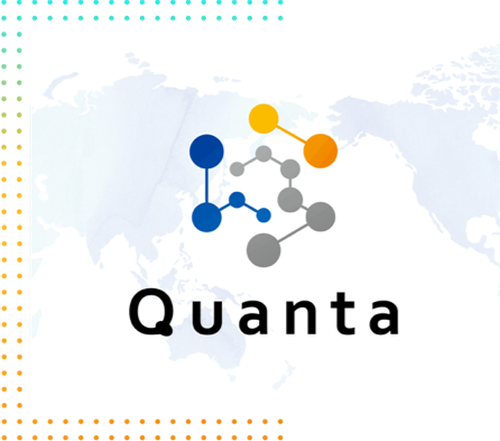In our Crypto Africa Roundup, YouHash take a look at some recent developments on the fast-growing crypto continent.
Crypto Assets Regulatory Working Group Established by SA Government

Finance Minister Tito Mboweni, in a written parliamentary response from an opposition MP, confirmed that the SA government has established a crypto assets regulatory working group with the aim of investigating cryptocurrencies and blockchain.
The working group is made up of individuals from the South African Revenue Services, Financial Sector Conduct Authority, Financial Intelligence Sector, Reserve Bank, and the Treasury.
South Africans have been early and strident adopters of cryptocurrencies and blockchain technology, as evidenced by the world-leading numbers of ‘Bitcoin’ searches as published by Google late in 2018. In addition, a large proportion (70%) of South Africans view cryptocurrencies as investments, according to a Luno study.
A research paper is expected during 2019 according to Mboweni – and the results along with proposed amendments to The Tax Laws Amendment Bill of 2018 and a better understanding of the tax implications from cryptocurrency profits and losses, should provide for a more rigid regulatory foundation.
IBM and Hello Tractor Create Agriculture Sector Blockchain Digital Wallet

IBM and Hello Tractor, a Nigerian agricultural technology business, have partnered to develop a digital wallet and decision-making tool for the agricultural sector.
The tool aims to “digitize, optimize, and streamline agricultural business processes to create efficiencies and new services from farm-to-fork around the world”, according to IBM vice president Solomon Assefa.
The drive for development of the tool was to bring efficiencies to crop management that are lacking at present. According to Assefa, “more than 60% of crops are managed manually [in sub-Saharan Africa}, with less than 20% managed by tractors.”
The tool will effectively create a platform that “enables capturing, tracking, and instant sharing of data”, according to Assefa, “while creating end-to-end trust and transparency for all parties involved across the agribusiness value chain.”
Blockchain Lottery Takes Aim in Nigeria

According to National Daily Nigeria, Nigerians spend a staggering 154 Billion nairas ($423-million) daily on betting activities. This is an average of $2.22 per person based on a population of 190-million.
Responding to the opportunity to “help increase the transparency and fairness of Nigeria’s gaming market,” Quanta Technology Limited (a Quanta Plc. company) and the world’s first fully licenced blockchain lottery, recently announced that it had contracted to acquire a stake in International Lottery and Gaming Limited (ILGL) in a deal that is effectively “the world’s first deal to reform traditional lottery.” The lottery technology aims to “help increase the transparency and fairness of Nigeria’s gaming market.”
In 2017 the Isle of Man’s Gambling Supervision Commission granted Quanta a licence. Quanta’s smart contract-based technology is “founded on a transparent random number generation on a distributed ledger” according with the entire process visible to participants.







